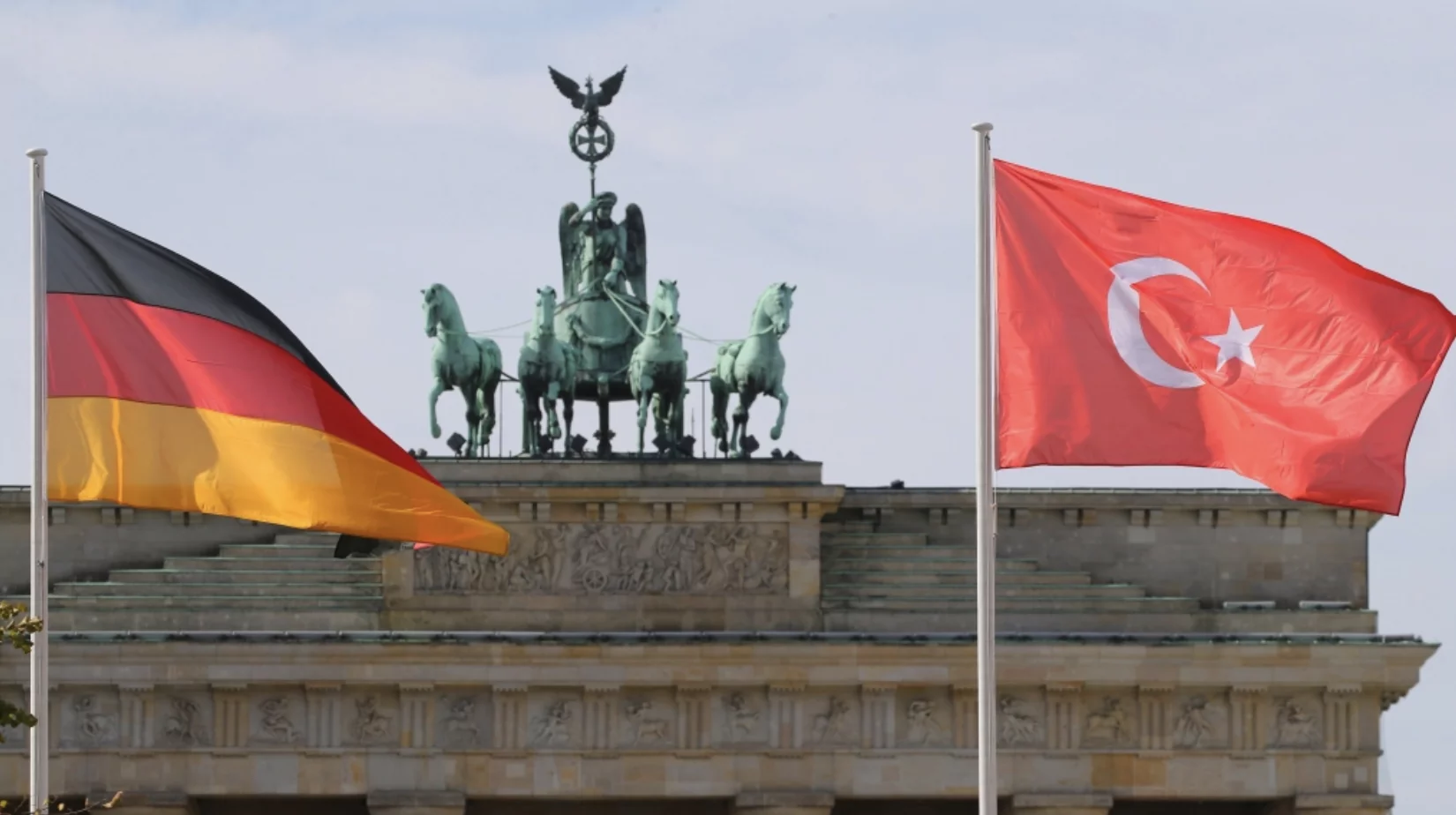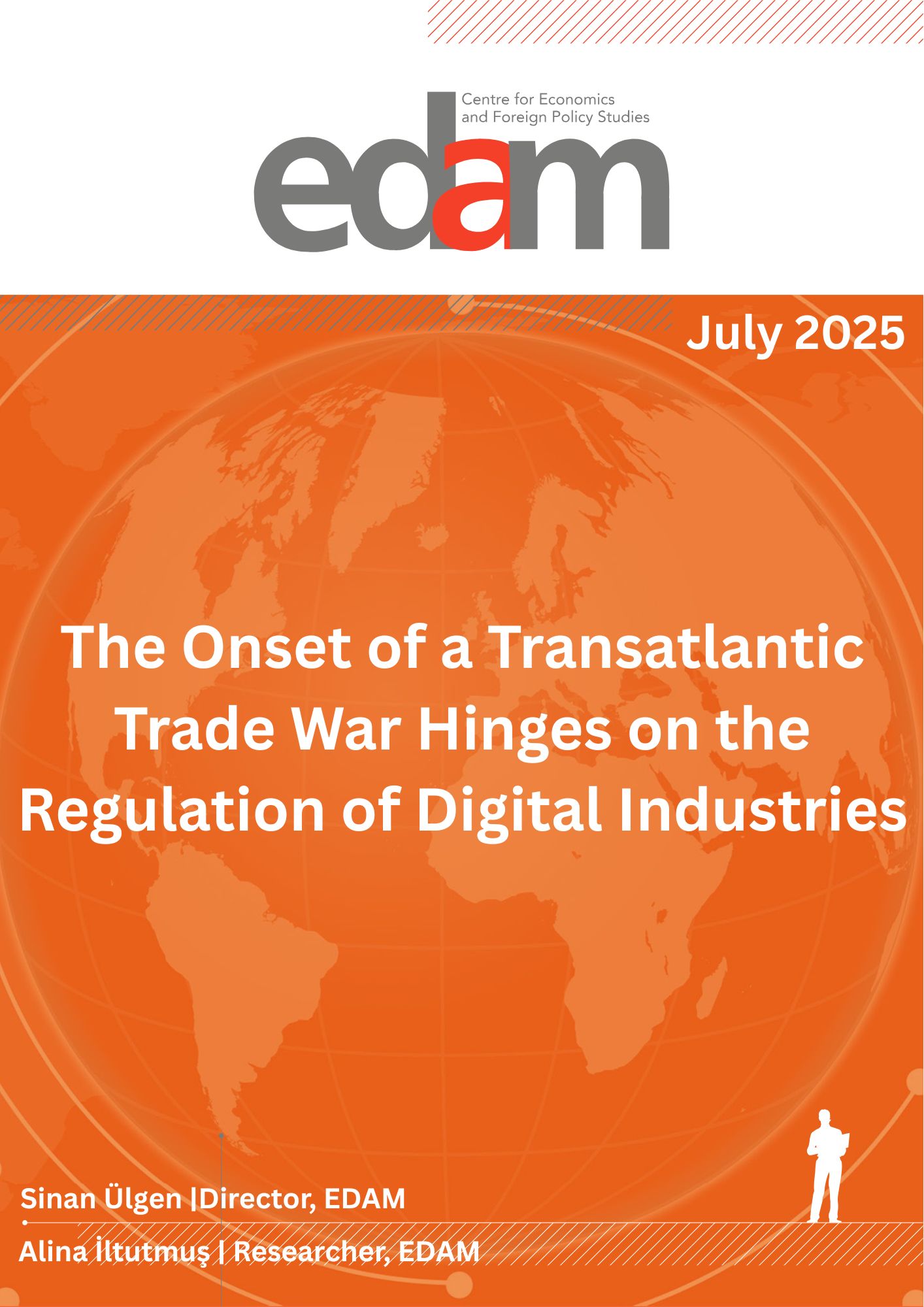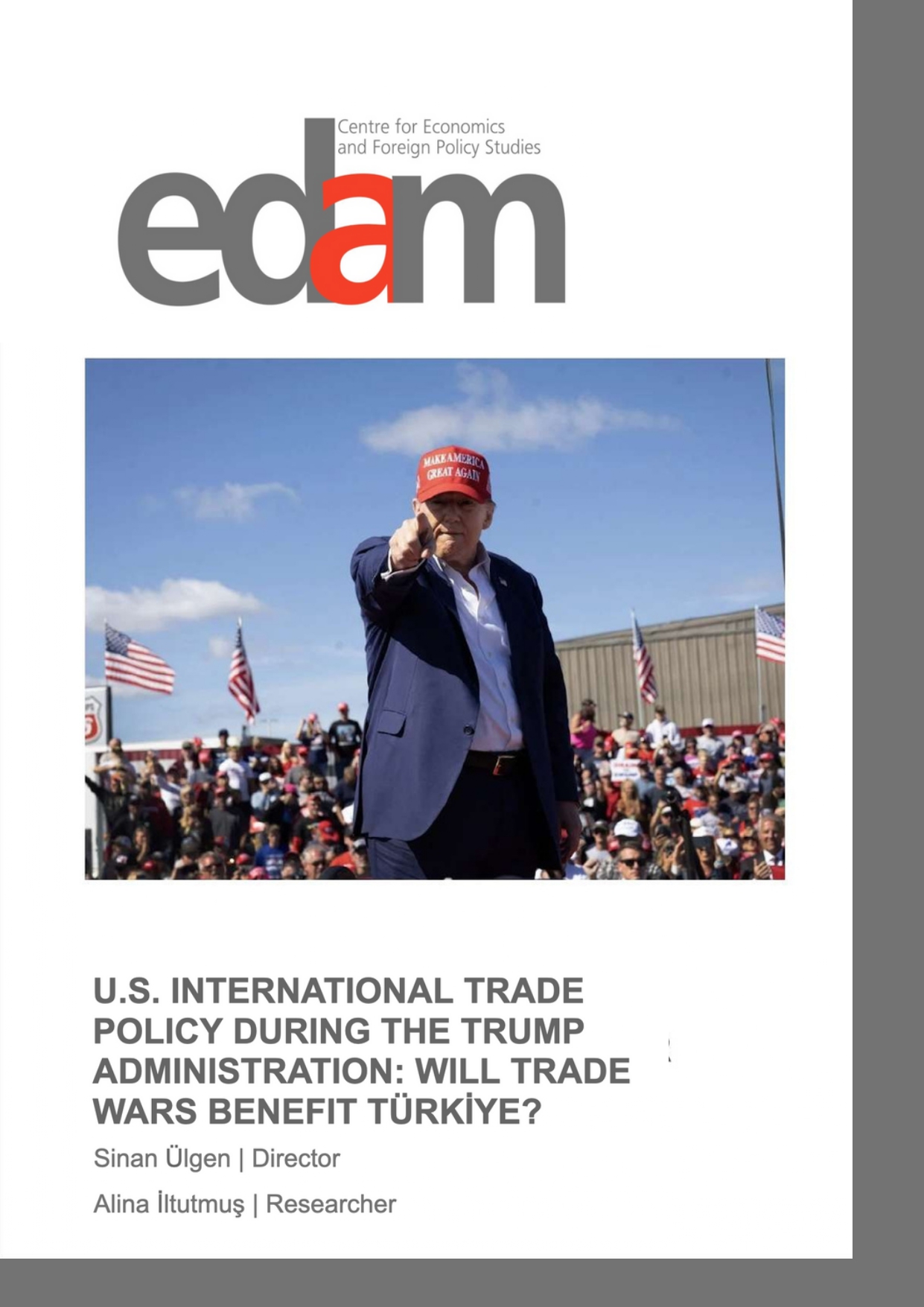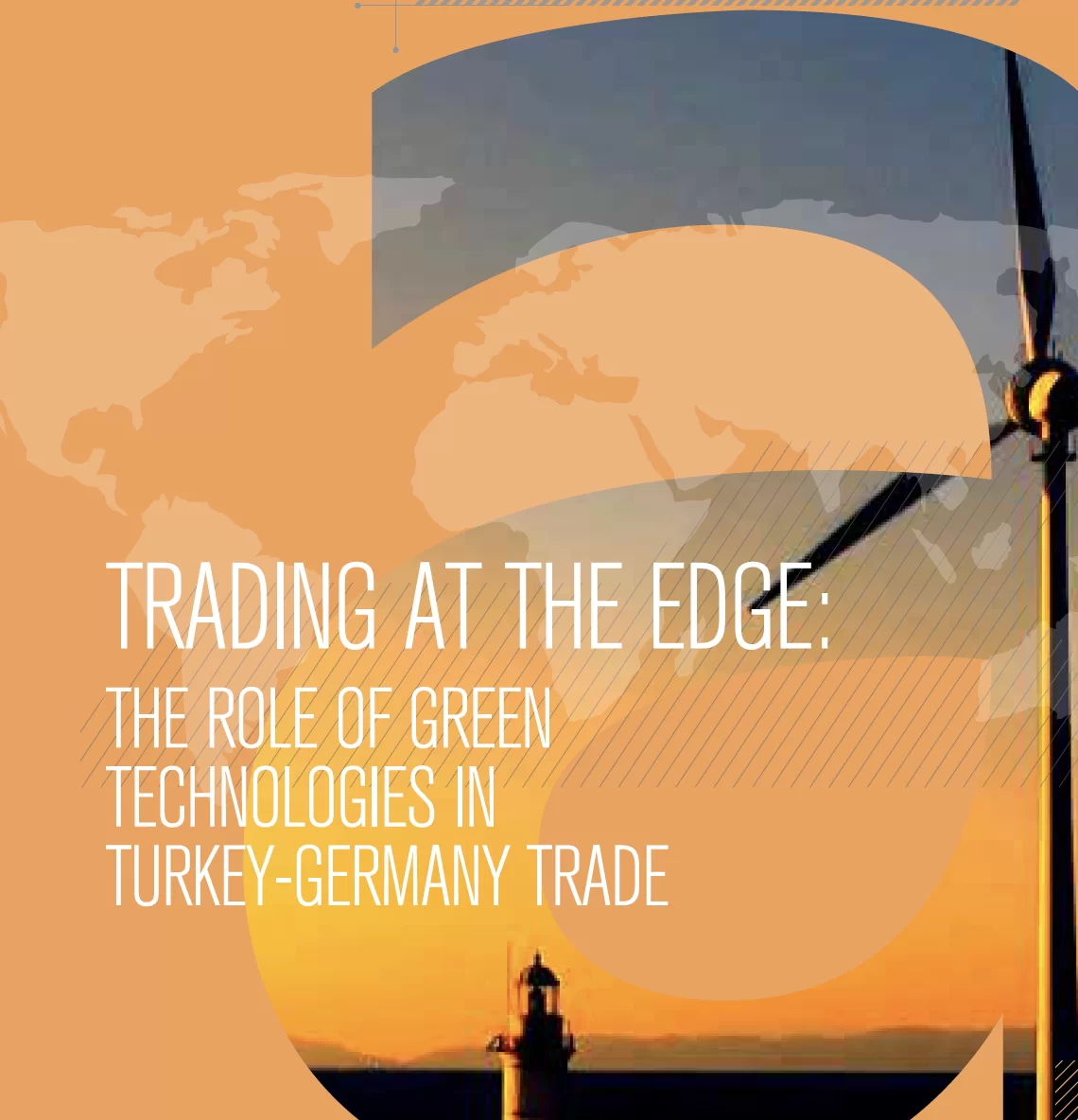
THE STATE AND FUTURE OF TURKEY AND GERMANY RELATIONS: ASSESSMENT OF EXISTING AND EMERGING ECONOMIC RELATIONSHIP
Introduction
The Turkish-German partnership is described as ‘unavoidable’, due to the real mutual interests and dependencies. Therefore, much of this relationship has been analyzed in-depth both in economics and international relations literature. Much of the economic literature concentrates on trade and investment analysis. While we take a similar approach to the relationship in this paper, we try to contribute to the existing literature by identifying new areas for trade growth, exploring new areas of investment particularly in renewable energy resources and finally provide a fresh overview of the technology startup landscape of both countries and lay out areas of future cooperation.
Historically, Germany has been one of Turkey’s most important trade partners and investors. With links dating back to the Turkish migration to Germany in the 1960s, relations between the countries go beyond a classic trade relationship.
Currently, with over 7,000 German companies in Turkey, German corporate investment is regarded as crucial for Turkish economic development and prosperity in the long run. In 2018, the trade volume between the countries added up to 37.7 billion euros. The relationship is a win-win situation for both Turkey and Germany. On one side, Turkey’s youthful population is an asset for Germany’s relatively old workforce, and the low costs of operations in Turkey are an incentive that attracts German activity. The Turkish market is also an indispensable asset to Germany, as it is its biggest export market.
On the other side of the coin, German investment has been a significant employment generator and an FDI inflow. As a country experiencing a severe economic downturn, having support from the most significant economic power of Europe (with a GDP of over 4 trillion dollars), is crucial for Turkey’s economic recovery. Since 2019, a negative trend was observed in the Turkish-German trade relations and investment schemes. Last year, German exports to Turkey declined significantly (from 20.4 billion euros to 18 billion euros) due to the worsening economic climate. Additionally, in 2018, Turkey has ranked lowest in trust as a partner among Germany’s eight key allies.
Tourism relations have also been affected by this economic rally between countries. While Turkish citizens who visited Germany have been almost doubled in the last ten years, the number of Germans visiting Turkey is nearly the same, and it even decreased in 2016. Similarly, Germany’s tourism revenue gained from Turkish visitors has increased, as Germany’s tourism expenditure to Turkey has declined.








